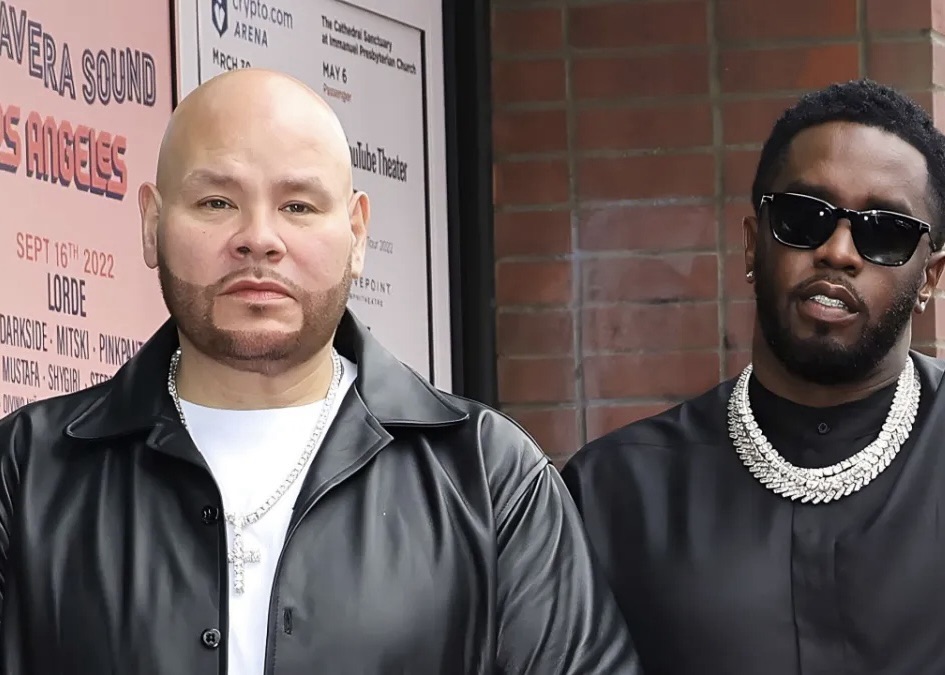Fat Joe has long been seen as one of hip-hop’s most resilient figures—a Bronx legend who overcame personal loss, legal trouble, and industry shake-ups to keep reinventing himself. From the tragic passing of Big Pun to his late-career revival with “All the Way Up,” he’s often reminded fans not to count him out. But his latest legal battle may be the one controversy he can’t bounce back from.
On June 19, 2025, Fat Joe was named in a 157-page federal lawsuit filed by Terrance “T.A.” Dixon, his former hypeman of 16 years. The $20 million suit is graphic and wide-ranging, packed with allegations that have shaken both the hip-hop world and the public at large. Dixon accuses the rapper—whose real name is Joseph Cartagena—of sexual abuse, coercive control, financial fraud, and psychological torment. Among the most disturbing claims is that Dixon was forced to perform over 4,000 sexual acts under duress in order to remain part of Fat Joe’s inner circle.
The complaint includes accusations of abuse involving girls as young as 15 and 16, alleging that Fat Joe paid for cosmetic procedures and facilitated travel for one of the minors. Specifics include a 16-year-old Dominican girl in New York, a non-U.S. Caucasian minor, and a Latina teenager who allegedly met Fat Joe at just 15 years old. Dixon’s lawyer, who included a trigger warning on the first page of the filing, directly compared the case to the mounting legal scrutiny around Sean “Diddy” Combs.
Through his attorney Joe Tacopina, the MC has strongly denied the allegations, calling them fabricated and part of an elaborate extortion scheme. He maintains that Dixon’s lawsuit is a retaliatory move in response to a prior defamation case Fat Joe filed against him. Tacopina also stated that law enforcement had already been notified about the alleged blackmail attempt, emphasizing that Dixon and his legal team are exploiting the court of public opinion to damage the rapper’s legacy.
As expected, media coverage has been swift and intense. Many observers have noted the parallels to the recent wave of civil and criminal cases involving hip-hop icons, framing Fat Joe’s case as yet another chapter in a broader cultural reckoning. Some outlets have also pointed to his 2013 conviction for tax evasion—he served four months in prison—as part of a recurring pattern of legal entanglements.
What makes this moment especially critical for Fat Joe is the looming question of legacy. For decades, he’s been a fixture in hip-hop’s upper circle—collaborating with everyone from Big L and Remy Ma to DJ Khaled and Cardi B. But this lawsuit, regardless of its outcome, risks making him the latest name added to a growing list of artists whose public personas have been irreversibly altered. In a post-R. Kelly, post-Diddy landscape, the court of public opinion moves fast, and fans—and detractors—are quick to redefine what a career means once accusations like these enter the frame.
If these claims gain traction, Fat Joe may not be remembered for his place in Bronx rap history or for flipping the Terror Squad into a cross-generational movement. He could instead become another cautionary tale, more talked about for the courtroom than the club. Whether the allegations are proven or not, the cultural damage is already underway—and legacy, once called into question, is rarely restored.





